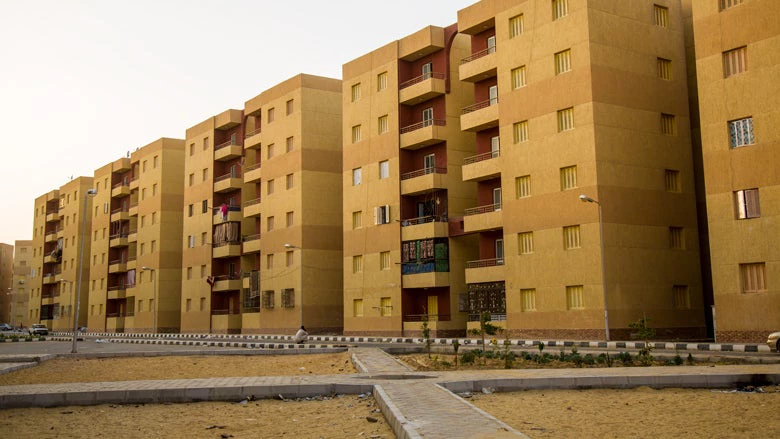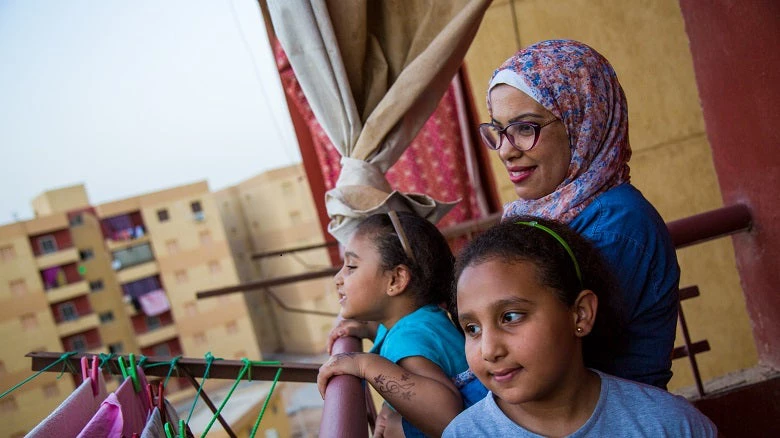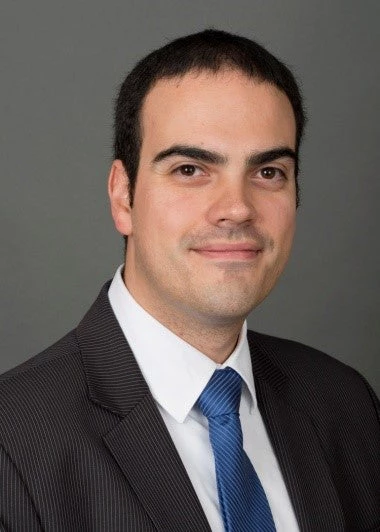 Creating Opportunities for Egyptian Women to Own Homes
Creating Opportunities for Egyptian Women to Own Homes
For years, Egypt’s rapid population growth and lack of affordable housing have made house ownership and rental difficult, especially for low-income households. Available, affordable housing has also been affected by high interest rates and ineffective and uncoordinated past housing policies.
World Bank research conducted in 2014 found the demand for new homes estimated at 300,000 units a year, with 254,000 more housing units needed to gradually deal with overall demand, given the existing backlog. This was problematic since at the time total housing production did not exceed 200,000 units a year. Today, it is anticipated that demand for housing could reach 700,000 units per year in Egypt.
To address this housing gap, the Government of Egypt launched the Social Housing Program with a goal of providing affordable housing to one million low-income households. The World Bank has been supporting this program with $500 million in funding through the Inclusive Housing Finance Program-for-Results (PforR) since 2015.
The bank’s development objective is to improve the affordability of formal housing for low-income households and strengthen the capacity of the Social Housing and Mortgage Finance Fund to design policies and coordinate its work. The program supports demand-side subsidies for low-income households, making housing accessible and affordable.
Putting women first in the housing queue
One area of impact is the prioritization of female-headed households. The program has prioritized women, contributing to greater gender inclusion. Women make up over 20% of beneficiaries. Almost 8% of female-headed households have husbands and children; the rest are divorced with children, widowed with children, or single. Improving their property and inheritance rights should mean their earnings and chances of employment will improve too, increasing their potential contribution to economic growth.

Stories like that of Azza, a 36 -year-old divorcee and mother of two are inspiring. Azza is among the 14% of households in Egypt led by women. By making it easier for her to pay in installments, the Inclusive Housing Finance Program has enabled her to own an apartment.
"The program facilitated the option of installment , which was never an option with brokers. Also buying an apartment directly from its owner always required a monetary amount that I could not afford," said Azza about one of the key benefits of the program.
Many social housing complexes have nearby access to schools, medical facilities, transport networks, and employment. Azza said her new apartment spared her “extensive commuting times,” as it was located conveniently near her job.
Before she owned her home, Azza said there was always the anxiety of knowing that the landlord could – at any given moment – raise the rent or ask her family to leave altogether. ‘’Owning my own apartment gives me sense of security and stability,” she said. “I am finally paying money for the sake of securing an asset for my two girls. ‘’ This not only empowers her as a working single mother, but also empowers her daughters, who now have a chance to live a more stable life, safe in the knowledge that it is possible to own property independently, regardless of being male or female.
More women own homes
To reach this level of home ownership is an achievement in itself, especially in a country in a region where asset ownership by men is the socio-cultural norm. Government studies show that over 90% of assets in Egypt are owned by men. The 2019 Women’s Economic Empowerment Study confirms in its own findings that only 5% of women in Egypt own assets (either alone or jointly) versus 95% of men.
The World Bank’s Women, Business, and the Law report for 2020, which uses assets as an indicator to examine gender differences in property and inheritance law, gives Egypt 40 out of 100 points on that specific measure. Separately, the Economic Research Forum says social norms in Egypt stipulate that, to be able to marry, men are expected to provide a home, reinforcing the gender gap and indirectly discouraging women from owning homes themselves.
As of December 2019, the Inclusive Housing Finance Program has supported demand-side subsidies to about 287,600 households across all Egypt’s 27 governorates . It has also contributed to greater social and youth inclusion, with 70% of its recipients below the age of 40, and 18% below the age of 30. It has prioritized families—57% of recipients are married couples with young children. And, indirectly, it has contributed to a decrease in the expansion of informal housing onto agricultural land and created more jobs for unskilled and skilled labor through construction.




Join the Conversation